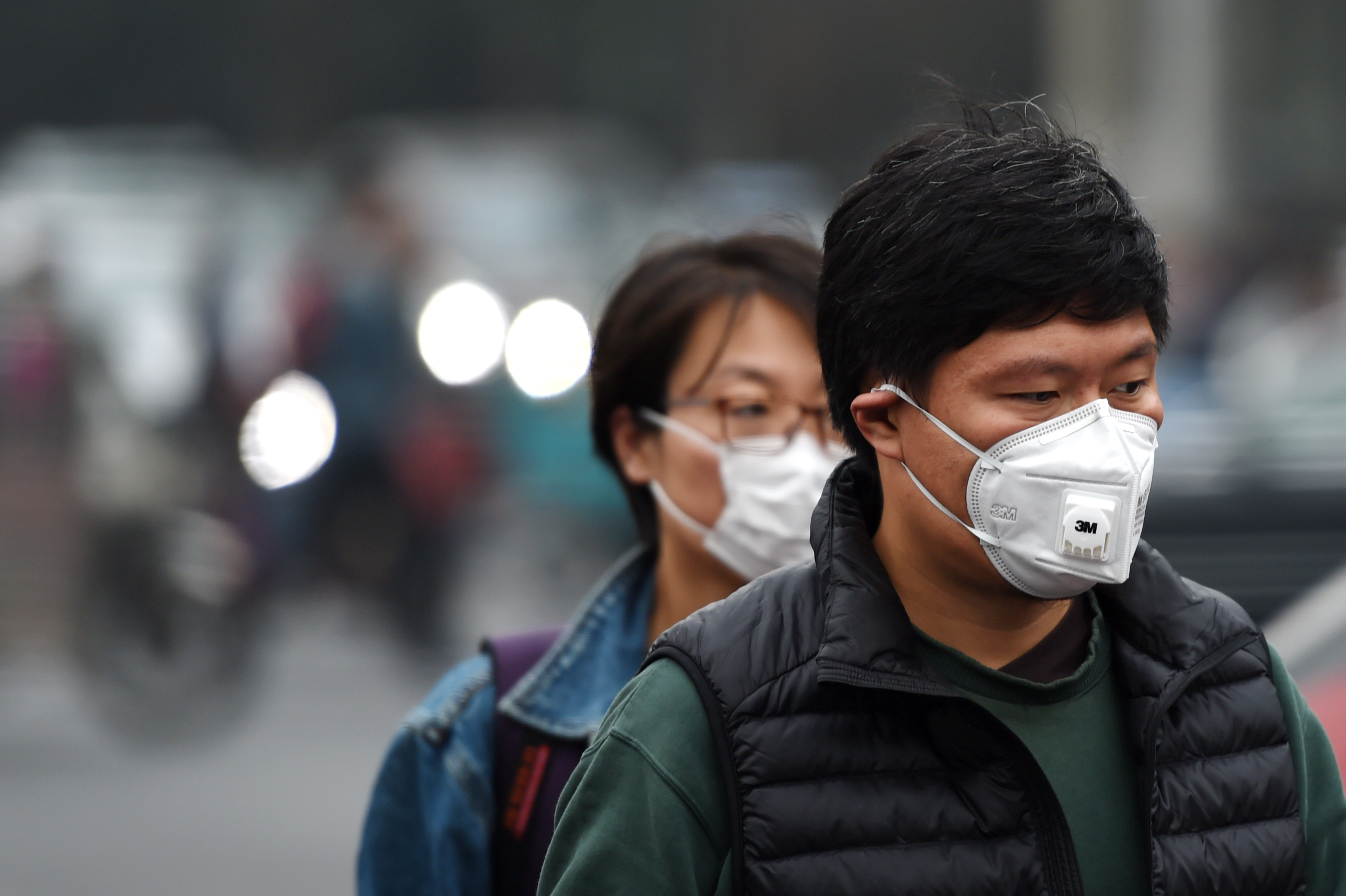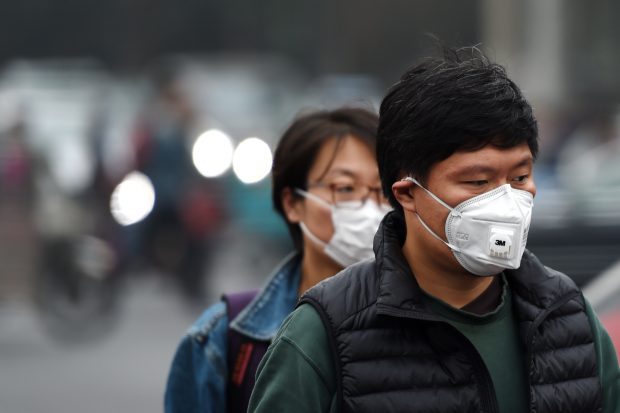
Experts rebuke Beijing government plan to list smog as meteorological disaster

The decision of Beijing authorities to list smog as a meteorological disaster has sparked strong disapproval among Chinese scholars, who believe that such a move could offer polluters a legal basis to avoid punishment.
According to the second version of the draft of the Beijing Meteorological Disasters Prevention and Control Regulations, released on Dec. 1, smog is defined as a meteorological disaster mainly caused by haze, blizzards or unfavorable meteorological conditions. Though cities including Tianjin have already listed smog as a meteorological disaster in local regulations, the State Council has yet to issue a similar national regulation.
“’Meteorological disasters’ are caused by natural conditions and cannot be controlled by human activity. Smog, on the other hand, is mainly caused by human activity, thus the plan to list it as a meteorological disaster not only goes against science, it will also create an excuse for polluters to escape their culpability,” Zhang Zitai, a professor from Shanghai’s Fudan University, told Legal Daily.
“Once smog is listed as a natural disaster, risks and uncertainty will emerge in environmental lawsuits. As China’s capital, Beijing should not adopt such a regulation, even though other cities have,” said Zhu Xiao, a law professor from Renmin University.
“In order to eradicate smog, the government should control or even stop the emission of pollutants. The government should be ready for a painful process to deal with pollution, eliminating the internal cause of smog,” said Sun Youhai, a environmental law expert. (People’s Daily)


